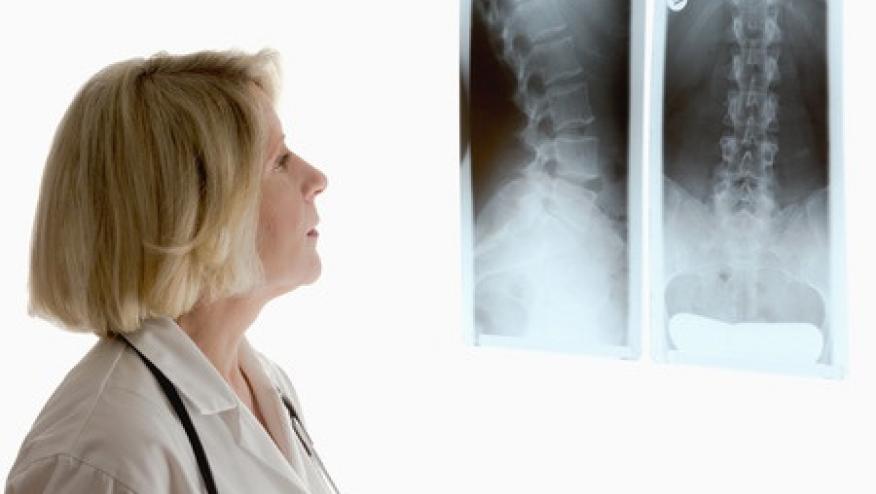BE MOBILE 1 Study - Bimekizumab in Non-Radiographic Axial Spondyloarthritis Save

Today, UCB announced top-line interim analysis results from their Phase 3 "BE MOBILE 1" study, that demonstrated the efficacy of bimekizumab, a dual IL-17A and F inhibitor, in adults with active non-radiographic axial spondyloarthritis (nr-axSpA).
BE MOBILE 1 was a randomized, double-blind, placebo-controlled, 52 week, Phase 3 study conducted in adults with active nr-axSpA. Such patients had to have inflammatory back pain, no definitive radiographic sacroiliitis confirmed and have either an elevated C-reactive protein (CRP) and/or positive magnetic resonance imaging (MRI) for sacroiliitis. Patients had to have failed 2 NSAIDS and could've been enrolled if they had an inadequate response or intolerance to treatment with a TNFα inhibitor.
The study met its primary and all ranked secondary endpoints:
- Primary endpoint: Assessment of SpondyloArthritis International Society 40 (ASAS40) response at week 16.
- ASAS40: with at least a 40% improvement in patient-reported outcomes. (ASAS40 measures includied patient global assessment of disease activity, spinal pain, physical function, and CRP)
- Secondary endpoints: Bath Ankylosing Spondylitis Disease Activity Index (BASDAI); achievement of ASAS partial remission (PR) and Ankylosing Spondylitis Disease Activity Score (ASDAS) Major Improvement (MI); and the nocturnal spinal pain score.
These findings provide evidence supporting bimekizumab, a dual IL-17F IL-17A inhibitor, in the treatment of nr-axSpA.
No new or unusual safety signals were seen in this trial. The results from the BE MOBILE 1 study will be presented at upcoming medical conferences and published in a peer-reviewed medical journal.










If you are a health practitioner, you may Login/Register to comment.
Due to the nature of these comment forums, only health practitioners are allowed to comment at this time.